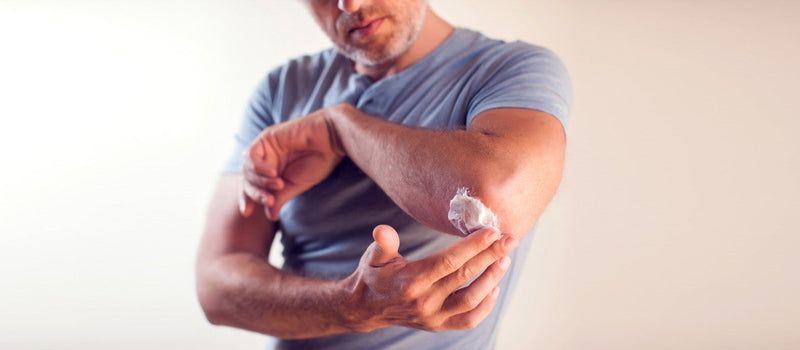

If you have diabetes, you may be suffering from dry, itchy skin, which is the result of high blood sugar. High blood sugars can lead to
- Fungal growth
- Reduced blood circulation
- Diabetic neuropathy
All of these conditions can cause itchy skin in the following ways,
- Diabetes sufferers can develop yeast infections, especially in areas with moist folds, caused by the excess sugars in the blood. The growth of this fungus often can cause an extreme burning feeling along with extreme itchiness.
- Itching is a symptom of poor circulation
- Diabetic polyneuropathy or peripheral neuropathy can cause itching. The itching is the result of high blood glucose levels damaging nerve fibers, particularly in the hands and feet. [1]
Itching is also common among those suffering from kidney disease or liver failure. Over time, high blood sugars can damage blood vessels in the kidneys as well as nephrons. Many diabetics also develop high blood pressure, which can damage kidneys. In addition, people with diabetes have a greater change of developing non-alcoholic fatty liver disease than non-diabetics. Mayo Clinic estimates that non-alcoholic fatty liver disease develops in at least half of patients with type 2 diabetes. [2]
Another cause of itching among diabetics is an adverse side effect or allergic reaction to a new medication.
Taking good care of your skin, which means keeping it soft, calm and free from infection, is a critical part of managing the disease. Here are things to do along with keeping you blood sugars under control, which will ultimately benefit your skin.
- Avoid hot showers, since hot water can remove moisture from the skin. Dry off well after your shower, especially in areas prone to building up moisture
- Do not apply lotion between toes since moisture can attract fungi.
- Use a mild, moisturizing soap. Avoid soaps and other body products that contain fragrances, colors and other additives that may affect your skin.
- Apply skin lotion while skin is still damp after a bath or shower.
- Avoid scratching if you can since scratching can create openings in the skin where bacteria can enter.
If you aren’t getting relief from itching after a few weeks, see your doctor. Your doctor will examine dry or patchy skin to see if diabetes is the cause or if you have some other underlying skin condition that requires prescribed medication.
Eaze-Z Diabetics’ Skin Care
EASE-Z Diabetics’ Dry Skin Therapy Lotion and Diabetics’ Dry Skin Therapy Foot Cream are over-the-counter offerings that uniquely feature active Zinc Acetate to relieve and protect dry, cracked skin associated with diabetes. The products cover the skin with a thick protective layer that penetrates to provide real, long lasting-relief. They are unscented and non-greasy for added comfort. Daily use gives superior recovery and continuous relief, assuring long-lasting comfort. Learn more about Ease-Z.
[1] Nall, Rachel, MSN, CRNA, “Does diabetes cause itching,” Medical News Today, March 25, 2019. https://www.medicalnewstoday.com/articles/diabetes-and-itching
[2] “How Diabetes Affects the Liver,” Battle Diabetes, Accessed June 21, 2022. https://www.battlediabetes.com/articles/diabetes/type-2-diabetes/how-diabetes-affects-the-liver








